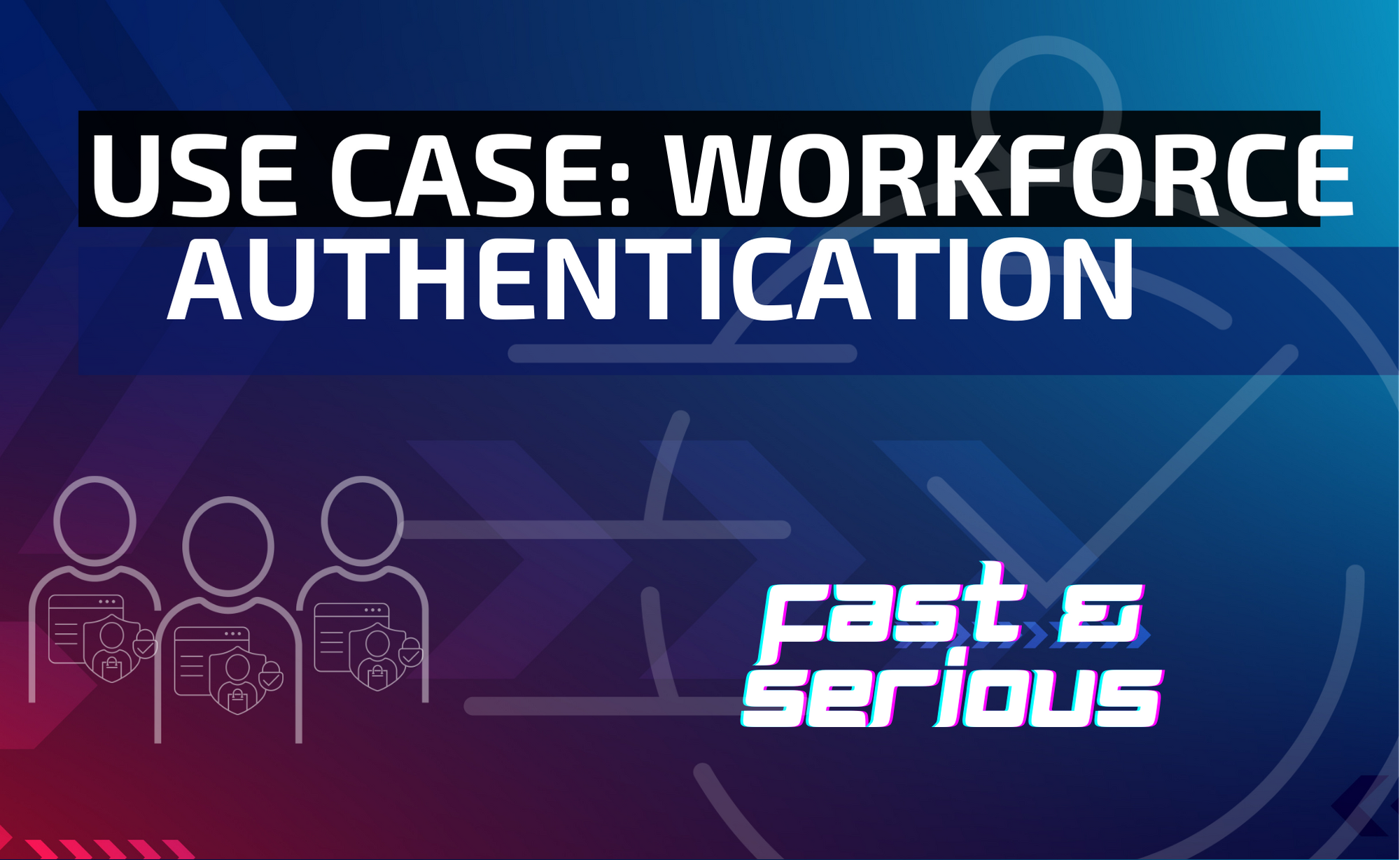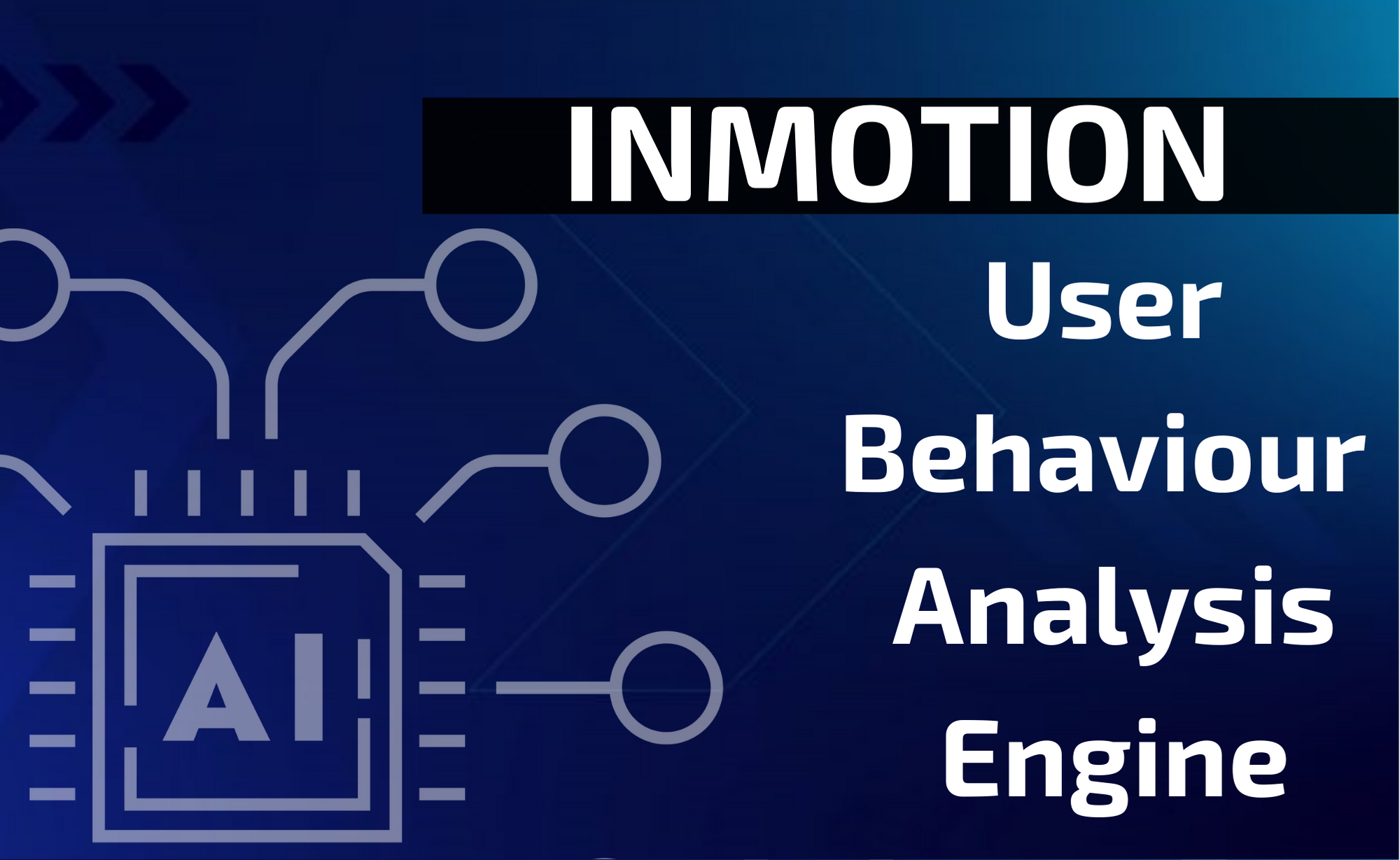User
Behaviour
Analysis (UBA)

Know Your Customer/Employee
We have all become very familiar with consumer technology using a biometric sensor as a means of user authentication. Technologies such as Apple TouchID, FaceID or FingerPrint on Android, has provided a convenient and frictionless mechanism to unlock our phones and even gain password-free access to our mobile applications, such as our mobile banking app.
The challenge with these native biometric sensors built into phones, is that it does not definitively prove identity of the user. Phone PIN’s are always the failover when biometric sensors fail to recognise the user and if a phone PIN is compromised, it would be easy for a new biometric template to be added to a phone either as an additional template or as a new template.
Veridium MFA

If you are looking at MFA solutions as an option from your existing MFA vendors, you should consider all of the use cases that a solution needs to be applied to, often there is a shortcoming in these embedded solutions which limits the scope of which services the IAM vendor can protect with their MFA offering.
Veridium have taken a holistic view to user authentication, delivering a capability to deliver modern, strong, password-less authentication to all applications and services delivered by organisations today. Additionally, our Omnichannel approach delivers a single consistent secure user experience across any device or network.
For high risk, high value or high privileged access, this security flaw can be a concern for many organisations who need to have higher levels of confidence the user is who they claim to be.
Veridium AI Engine: InMotion
Veridium have addressed this concern by adding Veridium InMotion a User Behaviour Analysis to an authentication attempt to add increased levels of security and provide higher levels of confidence of individuals claim of identity.
Taking telemetry data from the mobile device and using Machine Learning and Artificial Intelligence, to learn and match user behaviour, InMotion complements the biometric check of technologies such as TouchID or FaceID, to bring heightened levels of security to organisations who are looking for extra security for user access.
Veridium InMotion is a transparent security layer, learning a typical user behaviour when authenticating or re-authenticating. Behaviour scores can be actioned by the Veridium server or 3rd party risk engine and used in conjunction with other phone data such a GeoLocation to provide intelligent authentication to organisations.
InMotion is not tied to any biometric and can be used alongside native in-built biometric sensors as well as software biometrics such as Veridium 4 FingersTouchlessID.
Related Resources

Case Study
Global
Swiss Bank
Watch Now

Veridium Platform
in Action:
Workforce Authentication
Watch Now





